- Joined
- Sep 2, 2003
- Messages
- 34,513
- Reaction score
- 7,541
- Location
- In the mental ward of this forum
- Can others edit my Photos
- Photos NOT OK to edit
This thread reads strangely to me, because so many of you seem to equate learning PS with breaking through with photography. I just don't think in digital terms, so it's funny to me. 
I do enjoy working with my negatives in different ways, though. Which I suppose is similar to "post-processing". Most of my breakthroughs have been hands-on printmaking: spending more time in the darkroom to get my prints made well is definitely at the top.
Also:
-experimenting more with toning and dual/split toning of my prints, for aesthetic as well as archival reasons;
-experimenting with graded papers in the darkroom and how they can affect my ideas of contrast;
-experimenting with split-grade development. A very exciting technique with variable contrast papers. I've only played with a few prints in this manner, but will definitely explore this until I've mastered it.
-shooting MF almost exclusively and loving that bigger negative.
And I've resolved to continue to take classes and learn even more in 2007 - the monster is never satisfied, it seems! My poor pocketbook!
My poor pocketbook!
I do enjoy working with my negatives in different ways, though. Which I suppose is similar to "post-processing". Most of my breakthroughs have been hands-on printmaking: spending more time in the darkroom to get my prints made well is definitely at the top.
Also:
-experimenting more with toning and dual/split toning of my prints, for aesthetic as well as archival reasons;
-experimenting with graded papers in the darkroom and how they can affect my ideas of contrast;
-experimenting with split-grade development. A very exciting technique with variable contrast papers. I've only played with a few prints in this manner, but will definitely explore this until I've mastered it.
-shooting MF almost exclusively and loving that bigger negative.
And I've resolved to continue to take classes and learn even more in 2007 - the monster is never satisfied, it seems!
 My poor pocketbook!
My poor pocketbook!

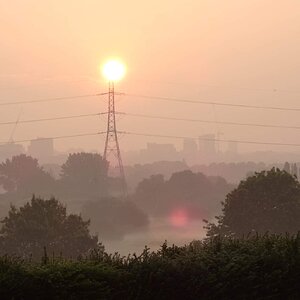
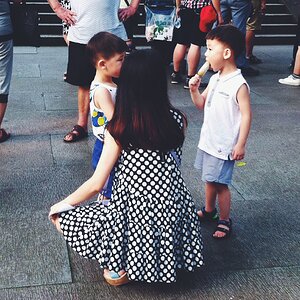
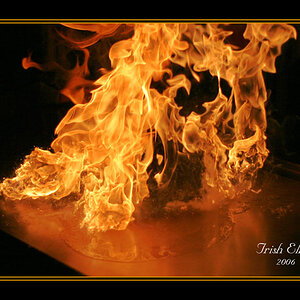
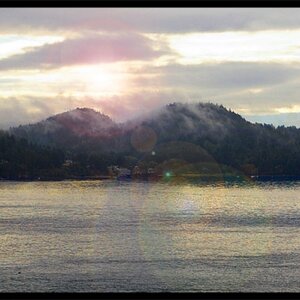
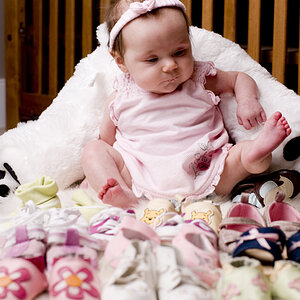
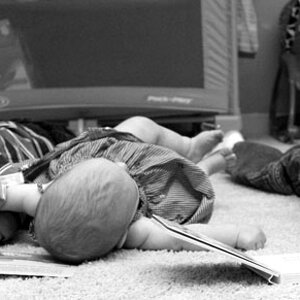
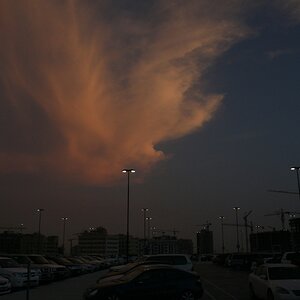
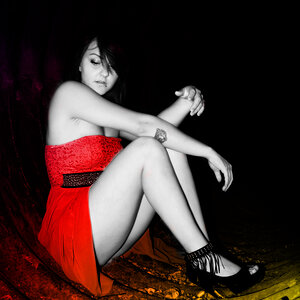
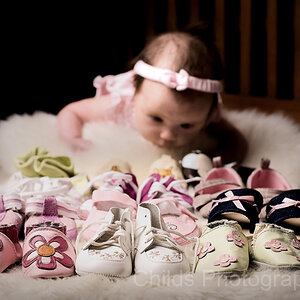
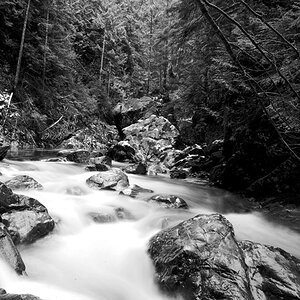
![[No title]](/data/xfmg/thumbnail/35/35274-a05669c6bdd0866f1e5c6f7f8cb93b88.jpg?1619736974)
![[No title]](/data/xfmg/thumbnail/41/41903-5ec48c22a1b66968c94f056b8ad647f2.jpg?1619739940)